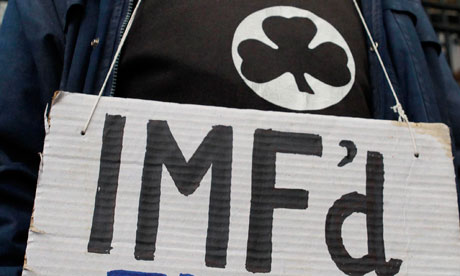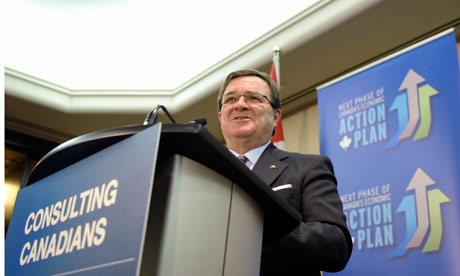 Peter H. Russel, Professor Emeritus at the University of Toronto, Opinion, The Globe and Mail:
Peter H. Russel, Professor Emeritus at the University of Toronto, Opinion, The Globe and Mail:On Dec. 15, the Governor-General gave royal assent to Bill C-18. This means that the Marketing Freedom for Grain Farmers Act, the legislation that ends the Wheat Board’s monopoly of wheat and barley sales, is now the law of Canada – or is it?
The question arises because on Dec. 7, Federal Court judge Douglas Campbell ruled that the way Bill C-18 was introduced into Parliament violated the Canadian Wheat Board Act. Section 47 of the act requires that the Minister of Agriculture not introduce in Parliament a bill that would end the Wheat Board’s control of all wheat or barley sales without first consulting the board and holding a vote to determine whether farmers favour such a change.
In the May election, the Conservatives ran on a platform that promised to end the Wheat Board’s monopoly. When polls indicated that a majority of both wheat and barley farmers favoured retaining the Wheat Board’s “single desk,” the government realized it might fail to honour its election commitment if it followed the procedure laid down in the act.
The government could have avoided this issue by asking Parliament to repeal the entire Wheat Board Act, or at least Section 47. Instead, it took the position that it did not have to comply with the act’s requirements because one Parliament cannot bind another. So, in its view, it could simply ignore legislation passed by a previous Parliament.
Continue reading here.





























